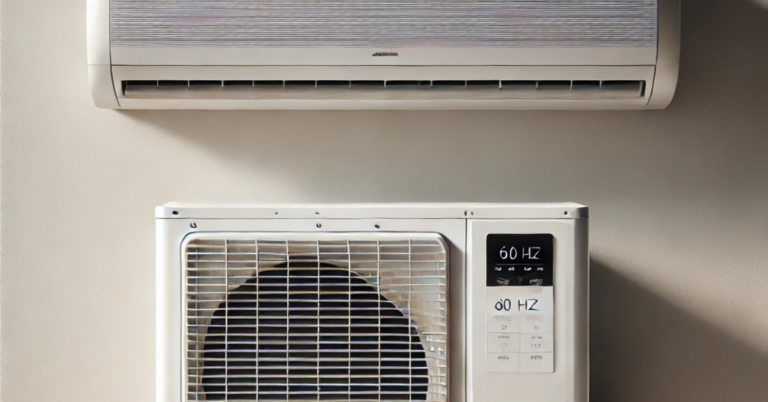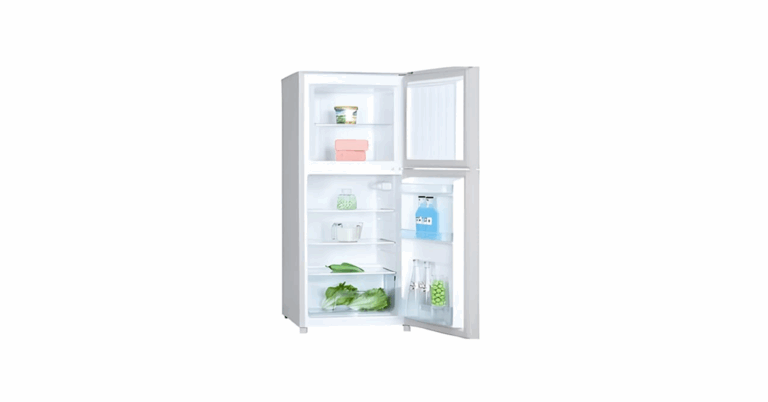The Importance of Ship Air Conditioning Units for Maritime Comfort and Efficiency
When navigating the vast oceans, maintaining a stable and comfortable environment onboard is crucial for both crew and passengers. This is where Ship Air Conditioning Units play a vital role. These units are specifically engineered to withstand the unique demands of maritime environments, ensuring optimal temperature control and air quality even in the harshest sea conditions. From luxury cruise ships to commercial vessels and cargo carriers, air conditioning systems have become an essential part of modern marine operations.
Why Are Air Conditioning Units Essential on Ships?
Ships often travel through regions with varying climate conditions—ranging from the cold of the Arctic to the intense heat of the tropics. Without proper air conditioning systems, the onboard environment can become not only uncomfortable but potentially hazardous. High temperatures and humidity can affect machinery, electronic systems, cargo, and most importantly, the health and performance of the crew.
Ship Air Conditioning Units are designed to operate efficiently in these changing environments. Unlike residential or commercial AC systems, marine air conditioners must function reliably despite vibration, motion, and salty sea air, which can quickly corrode less durable systems. These factors make specially designed units a necessity, not a luxury, on modern ships.
Types of Marine Air Conditioning Systems
There are several types of air conditioning systems used on ships, each suited to specific vessel types and applications:
-
Self-Contained Units
These are ideal for small to medium-sized boats and individual rooms on larger vessels. All components are housed in a single unit, making installation and maintenance relatively simple. -
Split Systems
Similar to home HVAC systems, these consist of an indoor air handler and an outdoor compressor unit. They are commonly used in medium to large ships where noise reduction and better efficiency are priorities. -
Chilled Water Systems
These are large-scale systems that cool water in a central plant, which is then circulated throughout the ship to air handlers in various spaces. This type is prevalent in cruise ships, military vessels, and large cargo ships. -
Floor-Standing Units
These are robust, heavy-duty systems suited for high-capacity cooling needs. Floor-standing units are ideal for control rooms, engine rooms, and other technical spaces where precision temperature control is crucial.
Choosing the right type of air conditioning unit depends on the vessel’s size, purpose, and specific environmental requirements.
Key Features of High-Quality Ship Air Conditioning Units
Not all marine AC systems are created equal. The best Ship Air Conditioning Units come with features that make them reliable and efficient even under challenging sea conditions. Here are some of the essential features to look for:
-
Corrosion-Resistant Materials: Marine environments are tough on equipment. Quality AC units use stainless steel, marine-grade aluminum, and protective coatings to prevent rust and corrosion.
-
Energy Efficiency: Ships have limited energy resources, especially those relying on generators. Efficient units help minimize fuel consumption and reduce the carbon footprint.
-
Compact Design: Space is always at a premium on ships. Modern units are designed to be compact without sacrificing performance.
-
Low Noise Operation: Comfort goes beyond just temperature. Low noise levels are especially important in passenger ships and crew quarters.
-
Smart Controls: Advanced systems offer digital controls, remote operation, and integration with ship-wide HVAC and monitoring systems for ease of use and better management.
Maintenance and Operational Considerations
Proper maintenance is critical to ensuring the longevity and performance of ship air conditioning systems. Routine checks, cleaning filters, and inspecting electrical components can prevent breakdowns and costly repairs. Because marine environments are particularly harsh, preventive maintenance should be more frequent than in land-based systems.
Additionally, having access to spare parts and trained technicians while at sea can be a challenge. That’s why many marine operators choose reliable and established suppliers known for their durable and easy-to-maintain units. When selecting a supplier or distributor, it’s important to ensure that the units come with solid support, documentation, and warranties.
The Role of Floor-Standing AC Units in Ship Applications
Among the various types of marine AC systems, floor-standing units have gained significant popularity due to their durability and efficiency. These units are often installed in mission-critical areas such as engine control rooms, electrical rooms, and bridge areas where temperature regulation directly affects operational safety.
Floor-standing units offer high cooling capacity in a portable and easy-to-service design. Their ability to deliver consistent performance in high-load conditions makes them ideal for commercial ships, cruise liners, and even naval vessels. In many cases, these units serve as the backbone of the ship’s climate control strategy, especially when paired with other HVAC components for a fully integrated system.
For shipbuilders and marine engineers, selecting the right Ship Air Conditioning Units—including specialized floor-standing models—is a vital part of vessel design and retrofitting. These decisions can significantly impact the ship’s energy use, comfort level, and operational readiness.
Environmental Impact and Regulations
The maritime industry is under increasing pressure to reduce emissions and environmental impact. Air conditioning units, like other onboard systems, are part of this equation. Newer models often use eco-friendly refrigerants and incorporate technologies that reduce energy usage.
In line with international maritime regulations like MARPOL Annex VI, which focuses on air pollution from ships, choosing high-efficiency AC systems helps vessels comply with environmental standards while also reducing operating costs.
Final Thoughts
In today’s global shipping and maritime industry, ensuring comfort, safety, and efficiency onboard vessels is non-negotiable. Whether transporting goods across oceans or hosting thousands of passengers on a luxury cruise, maintaining the right indoor climate is a priority. Ship Air Conditioning Units serve as the cornerstone of onboard environmental control systems, offering tailored solutions for varying needs and ship types.
From compact self-contained units to powerful floor-standing systems, the evolution of marine AC technology continues to meet the growing demands of the industry. For shipowners and operators, investing in high-quality, marine-grade air conditioning units is not just a matter of convenience—it’s an operational imperative.
Whether you’re retrofitting an existing vessel or planning a new build, understanding the types, features, and importance of marine AC systems can guide you in making the right choice. The future of maritime comfort lies in durable, efficient, and sustainable air conditioning solutions that can weather any storm.



